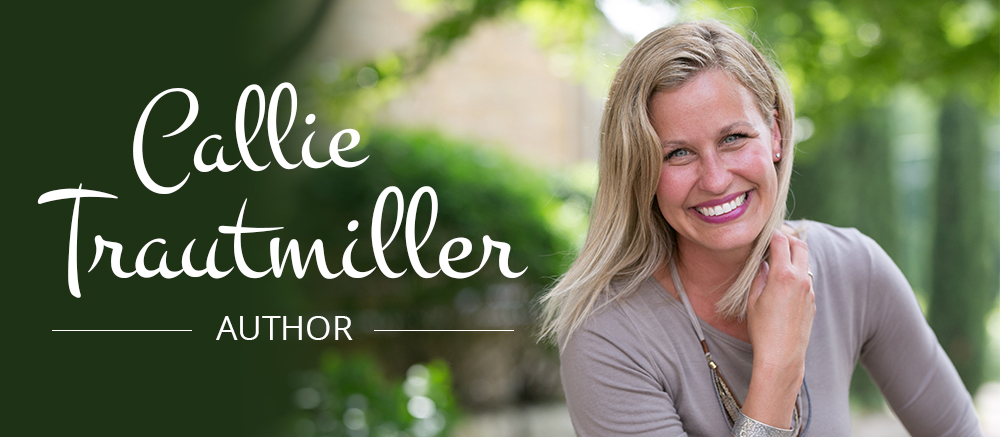You can always tell when I’m reading an intense book I can’t put down (okay, or a Netflix series). My nails become bitten down to the point of scrutiny at the nail salon in my attempt of hiding behind acrylics. So what makes a book a page-turner, up all-nighter, have-to-know-what-happens next kind of book?
One word.
TENSION.
There’s all different ways of creating tension from how you create the mood of the setting through the words you choose and the feelings they evoke to the final period or question mark at the end of each chapter. For example, when you hear the words, dentist drill (Sorry Dr. Page), what feelings come to mind? How would the mood be different in an opening of a story if you used the description country cottage versus downtown condo? Or a metal bridge instead of a wooden bridge?
The words you choose have an effect on the reader and the mood of your character has an effect on how he/she is seeing things. Have you ever noticed when you get bad news how the world seems to slow to a screeching halt? You notice every minute detail as you try to grasp something unimaginable. Just the opposite is true if you are in a hurry or running scared…your thoughts might become fragmented and choppy…you’re not noticing the birds or describing blades of grass when you’re chasing after your puppy who is running toward the street or if you’re dodging bullets in a battle.
Tension moves a story forward. I went to a writing seminar a few years back and the speaker suggested there should be tension in every chapter (especially a cliffhanger at the end of each one), and possibly even every single page. Even if it’s minor tension. His suggestion?
Deep breath.
Throw your entire manuscript up in the air (please, please, please have the pages numbered for your sanity), and randomly pick up pages, out of order, and look for tension.
I was desperate and crazy enough to do this. It was awful, but it helped.
So how do you do it? How do you create tension? For one, put your characters in tough situations and when the problems start to get resolved, add more conflict. Conflict could be the anticipation of knowing something within the plot. Who killed her? Was it this suspicious new neighbor that just entered the scene during the last paragraph of this chapter?! Who was the mysterious man she was going to go meet in the middle of the night and why didn’t she tell her roommate?! What is she hiding? Is this character’s perspective even reliable or is she lying to us readers (remember the book, “Gone Girl?”)
You can switch between character’s points of view to help move the book along and create anticipation of getting back to your favorite character. You can withhold information. You can add small conflicts of missing a train, falling when running, the sense of being followed or you can bring in major conflict of an antagonist to challenge your main character.
The best way of researching tension?
Watch a tv series . If it’s a good one, you’ll be well into your third episode within the night. Ask yourself what keeps you watching to the point of sleep deprivation? What was it about the previous episode that made you start another one? What new problems arose? Were there new characters introduced? New plot twists? Lack of resolution? A different character’s perspective?
Whatever the elements were, they were enough to steal from your sleep and keep you up until midnight watching.
That’s the magic of tension.
